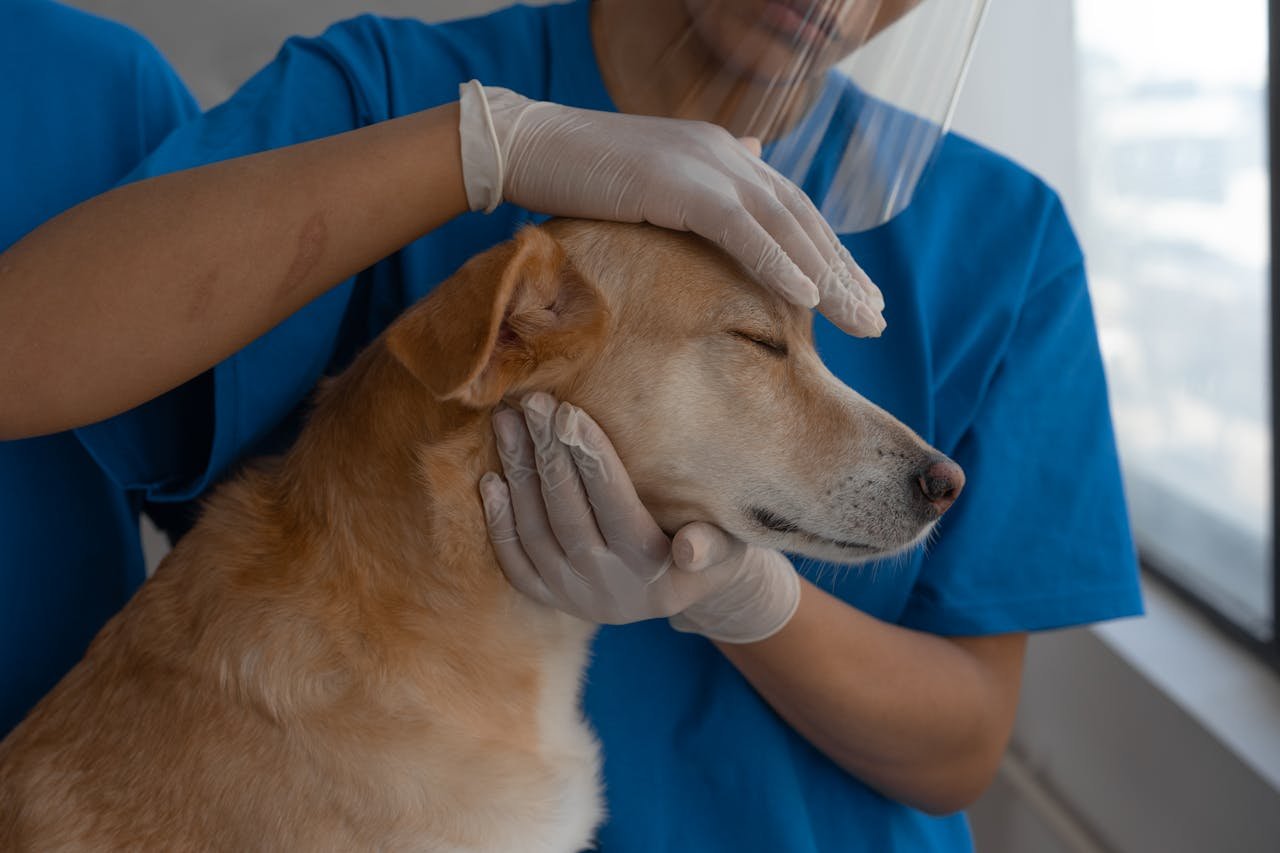You want to take care of your pets and also save money. Preventive veterinary care helps you do both. By addressing health issues before they escalate, you reduce long-term costs. A Westwood veterinarian can help you stay ahead of potential problems. Regular check-ups detect issues early, allowing your pet to receive necessary treatment before complications arise. Vaccinations, dental care, and parasite control also play essential roles in maintaining health and preventing costly treatments later. Consistent check-ups and preventive measures mean fewer emergency visits and unexpected expenses. Early intervention saves money. You maintain control over your pet’s health, ensuring they enjoy a longer, healthier life. Practice awareness and choice by acting today. Work with a trusted vet who helps you navigate preventive care. You can protect your pet and budget at the same time. Embrace preventive care as a smart investment. Your pet and finances benefit.
Understanding Preventive Care
Preventive veterinary care involves regular check-ups, vaccinations, and routine tests. These steps are designed to catch potential problems early. For instance, annual health screenings can uncover common issues like diabetes, obesity, or joint problems before they become severe. By staying ahead of these health concerns, you can avoid more complicated and expensive treatments. The goal is to maintain your pet’s health, preventing disease rather than reacting to it. The Centers for Disease Control and Prevention offers guidelines on how pets contribute to our well-being and how preventive care plays a crucial role in ensuring their health.
The Costs of Emergency Care
Emergency veterinary care often involves high costs. Whether it’s an unexpected surgery or intensive care, these expenses can quickly add up. Preventive measures help reduce the risk of such emergencies. By keeping up with vaccinations and regular health checks, you significantly lower the chance of acute illnesses requiring emergency treatment. This not only saves money but also spares your pet from unnecessary pain and stress. As the American Veterinary Medical Association points out, emergencies can be avoided with proper preventive care strategies.
Comparing Costs: Preventive vs. Emergency Care
| Service | Average Preventive Cost | Average Emergency Cost |
|---|---|---|
| Annual Check-Up | $50 – $100 | N/A |
| Vaccinations | $75 – $150 | N/A |
| Dental Cleaning | $300 – $500 | $800 – $1,500 (if untreated issues lead to surgery) |
| Parasite Control | $50 – $100 | $500 – $2,000 (if untreated issues arise) |
The Role of Vaccinations and Routine Care
Vaccinations are a critical part of preventive care. They protect your pet from various diseases that could lead to serious health issues and significant expenses. Routine care also includes dental exams, which are crucial. Poor dental health can lead to infections and organ damage, resulting in hefty veterinary bills. By maintaining regular dental check-ups, you help prevent these conditions, saving money and ensuring your pet remains healthy.
Lifestyle and Diet: Key Components
Your pet’s lifestyle and diet are integral to preventive care. A balanced diet and adequate exercise contribute to long-term health, reducing the risk of obesity-related conditions like diabetes. Regular monitoring and adjustments to diet and exercise routines can prevent many health issues, further minimizing the need for expensive treatments. Discussing these aspects with your veterinarian helps establish the best plan for your pet.
Building a Relationship with Your Veterinarian
A strong relationship with your veterinarian supports preventive care. Regular visits allow for a deeper understanding of your pet’s health needs and potential risks. Open communication with your vet helps ensure that any concerns are addressed quickly, preventing them from becoming more serious. Building trust and a routine with your veterinarian provides peace of mind, knowing that your pet’s health is in capable hands.
Conclusion
Preventive veterinary care is a practical approach to managing your pet’s health and your budget. By investing in regular check-ups, vaccinations, and routine care, you avoid more costly treatments and emergencies. You ensure your pet enjoys a longer, healthier life. Taking proactive steps protects both your pet and finances. Work with your veterinarian to develop a preventive care plan tailored to your pet’s needs. The benefits are clear. Quality preventive care leads to savings and peace of mind.




